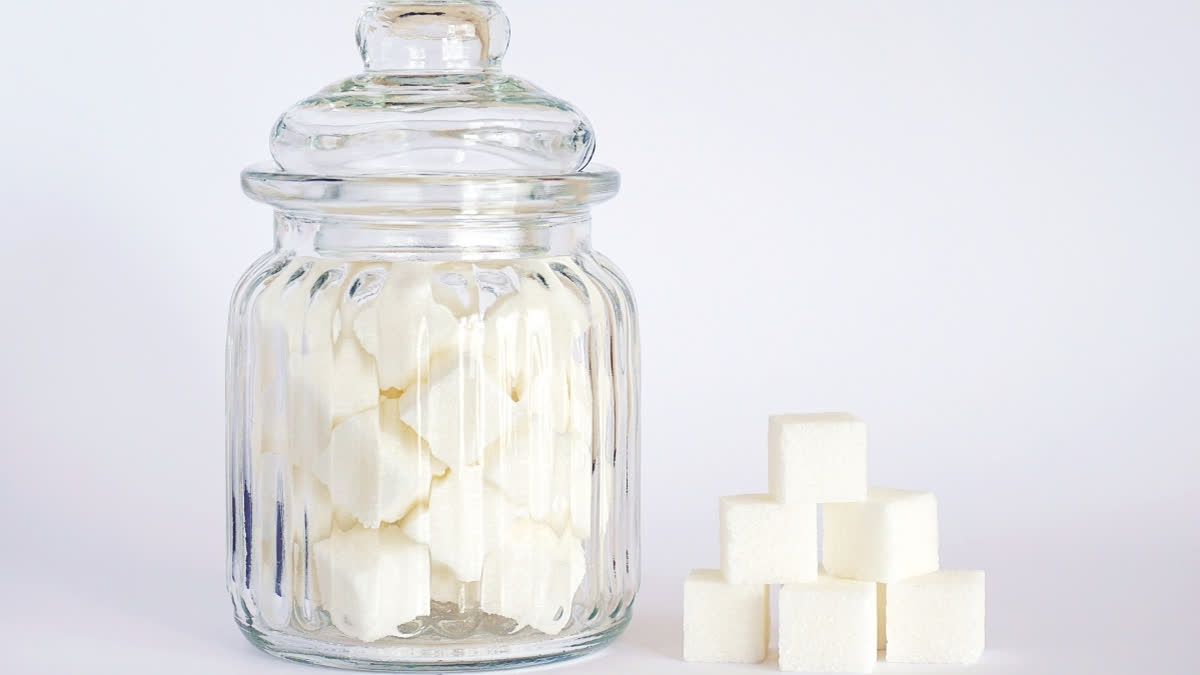Washington DC [US]: Kidney stones affect between 7% and 15% of persons in North America, 5% to 9% of people in Europe, and 1% to 5% of people in Asia. Severe pain, nausea, vomiting, fever, chills, and bloody urine are all common symptoms. However, kidney stones do more than just diminish the quality of life; they can also cause infections, swelling kidneys (hydronephrosis), renal insufficiency, and end-stage renal disease. Being an adult male, obesity, persistent diarrhoea, dehydration, and having inflammatory bowel disease, diabetes, or gout are all known risk factors for developing kidney stones.
Now, a study in Frontiers in Nutrition has shown for the first time that elevated consumption of added sugars should probably be added to the list of risk factors for kidney stones. Added sugars occur in many processed foods, but are especially abundant in sugar-sweetened sodas, fruit drinks, candy, ice cream, cakes, and cookies.
“Ours is the first study to report an association between added sugar consumption and kidney stones,” said lead author Dr Shan Yin, a researcher at the Affiliated Hospital of North Sichuan Medical College, Nanchong, China. “It suggests that limiting added sugar intake may help to prevent the formation of kidney stones.”
National Health and Nutrition Examination Survey:Yin et al. analyzed epidemiological data on 28,303 adult women and men, collected between 2007 to 2018 within the US National Health and Nutrition Examination Survey (NHANES). Participants self-reported if they had a history of kidney stones. Each participant’s daily intake of added sugars was estimated from their recall of their most recent consumption of food and drinks, given twice: once in a face-to-face interview, and once in a telephone interview between three and 10 days later. For example, participants were asked if they had eaten syrups, honey, dextrose, fructose, or pure sugar during the past 24 hours.
Each participant also received a healthy eating index score (HEI-2015), which summarizes their diet in terms of the adequacy of beneficial diet components such as fruits, vegetables, and whole grains, and moderation of potentially harmful foods, for example, refined grains, sodium, and saturated fats. The researchers adjusted the odds of developing kidney stones per year during the trial for a range of explanatory factors. These included gender, age, race or ethnicity, relative income, BMI, HEI-2015 score, smoking status, and whether the participants had a history of diabetes.
